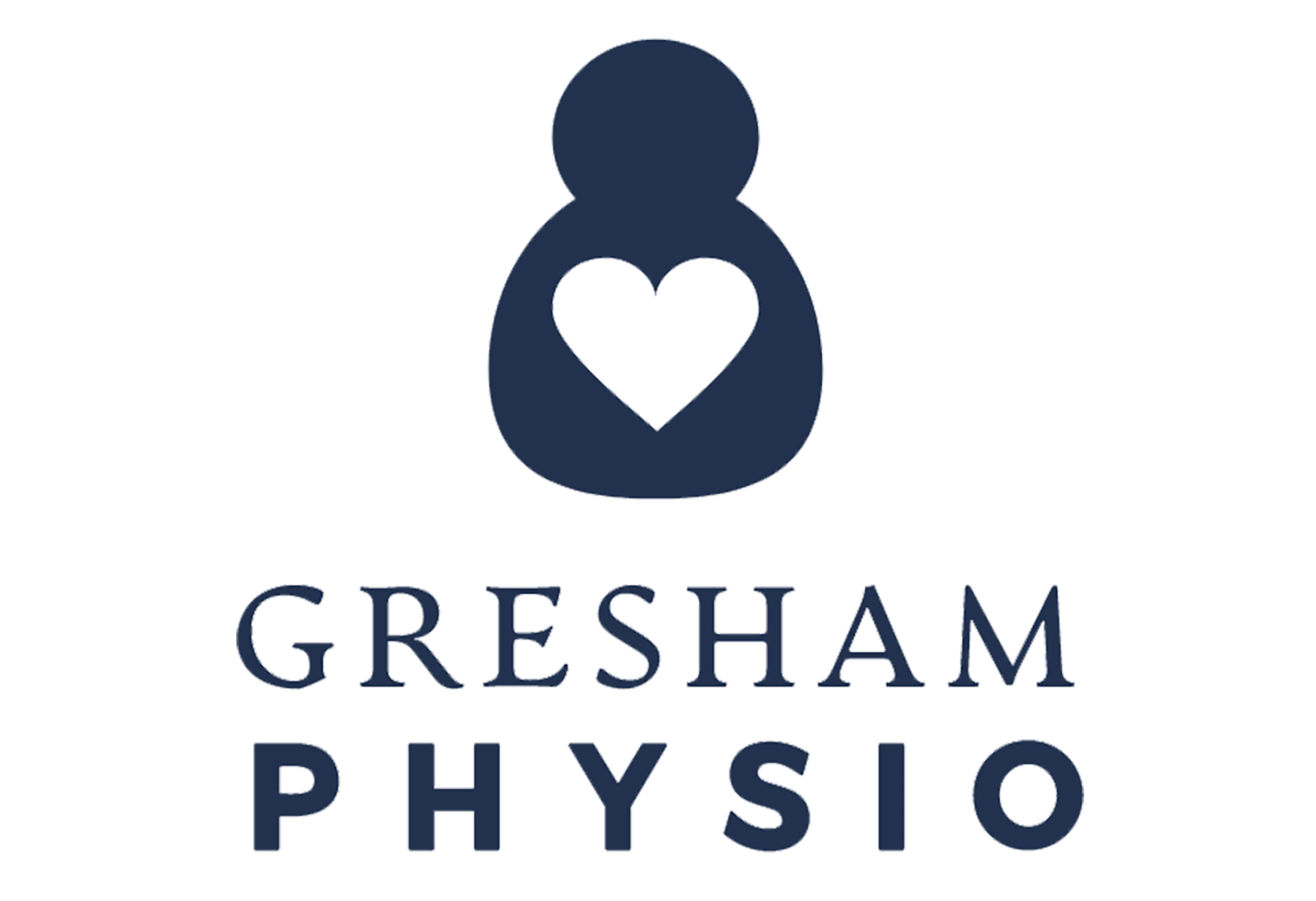Craniosacral therapy is a gentle, hands-on approach that aims to enhance the body’s natural healing abilities. Although its effectiveness is a topic of ongoing debate in the medical community, some proponents and practitioners claim that it offers several potential benefits. However, it’s important to note that scientific evidence supporting these claims is limited and more research is needed to establish its effectiveness. The perceived benefits of craniosacral therapy include:
1. Relaxation and stress reduction: Craniosacral therapy promotes deep relaxation, which may help reduce stress and anxiety. The gentle touch and techniques used during the therapy can induce a state of calm and relaxation.
2. Pain relief: Some people believe that craniosacral therapy can help alleviate pain and discomfort by releasing tension and restrictions in the body. It is often used for conditions such as headaches, migraines, neck and back pain, fibromyalgia, and temporomandibular joint (TMJ) disorders.
3. Improved mobility and flexibility: By addressing restrictions and imbalances in the craniosacral system, practitioners suggest that craniosacral therapy may enhance the body’s natural ability to move and function optimally. This can potentially lead to improved mobility and flexibility.
4. Enhanced well-being and vitality: Proponents claim that craniosacral therapy supports the body’s self-healing mechanisms, allowing for improved overall well-being and vitality. It is thought to promote a sense of balance and harmony within the body, leading to a state of improved health.
5. Relief of emotional and psychological conditions: Craniosacral therapy is sometimes used as complementary therapy for conditions such as anxiety, depression, post-traumatic stress disorder (PTSD), and other emotional or psychological issues. It aims to address the mind-body connection and help restore balance.
6. Improved sleep: Some individuals report that craniosacral therapy can help improve the quality of sleep by inducing a state of deep relaxation, reducing tension, and promoting a sense of calm.
It’s important to approach craniosacral therapy with an open mind and consult with a qualified and experienced practitioner. While some people may experience positive outcomes from the therapy, it may not be suitable or effective for everyone. It is always recommended to discuss any alternative therapies with a healthcare professional before pursuing them, particularly if you have underlying medical conditions.




